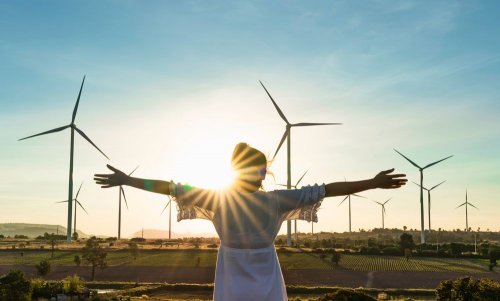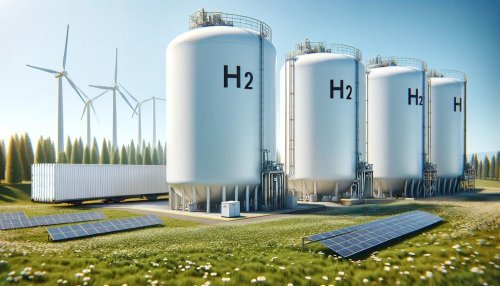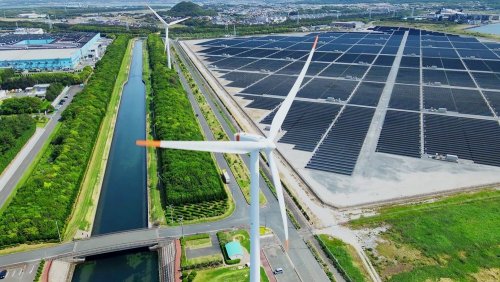The UK government has launched a review of the Net-Zero strategy to achieve zero emissions by 2050 and improve energy security and affordability.
Such a review will help to study the impact of different ways of achieving climate goals on the population and the economy, as well as to maximize the economic opportunities of the green transition, reports OilPrice.
The independent three-month review will be chaired by former UK energy minister Chris Skidmore. The results of the study should be ready by the end of 2022.
The article emphasized that for the new Liz Truss government, legal obligations regarding the country's climate goals remain in force, but should promote development and business. Currently, soaring energy prices are weighing heavily on British households and businesses.
"The government remains committed to achieving our zero emissions targets, but as Russia uses energy as a weapon across Europe, we must ensure we do so in a way that improves energy security and does not place an undue burden on businesses or consumers," said Secretary of State for Business and Energy Jacob Rees-Mogg.
Thus, the new UK government has recently taken steps to maximize the potential of domestic oil and gas production to reduce dependence on imports. In England, in particular, the moratorium on shale gas production was lifted in order to increase domestic energy production.
The UK government has also confirmed its support for a new round of North Sea oil and gas licensing, which is expected to lead to more than 100 new licences.
"To achieve this we will need to explore all the avenues available to us for solar, wind, oil and gas, so it is right that we have taken a pause to pursue any potential sources of domestic gas," Rees-Mogg commented on the cancellation pauses in shale gas production.
Earlier, EcoPolitic wrote, that the government of Great Britain developed an energy security strategy with the aim of independence of the country from the supply of fuel and energy carriers.
As EcoPolitic previously reported, the EU wants to receive €140 billion from the account 33% tax on excess profits of energy companies for fiscal year 2022 and direct these funds to support households and businesses.





